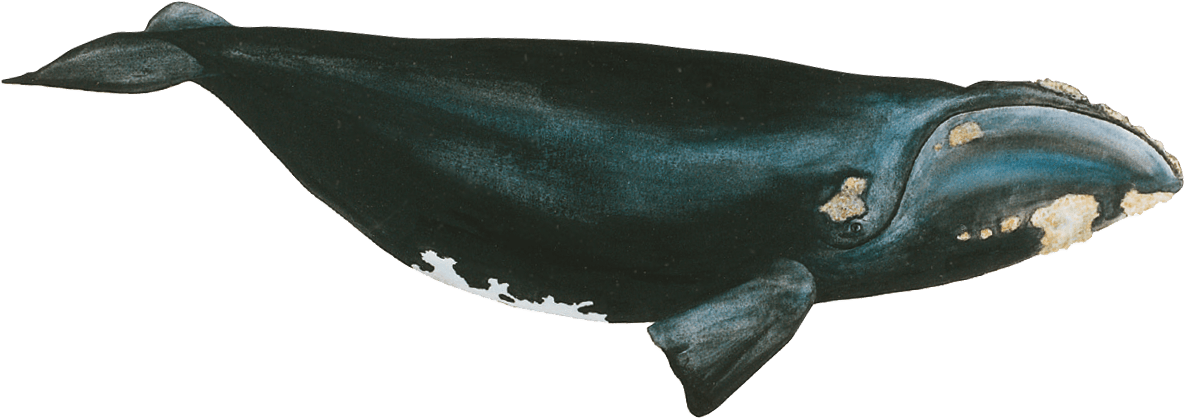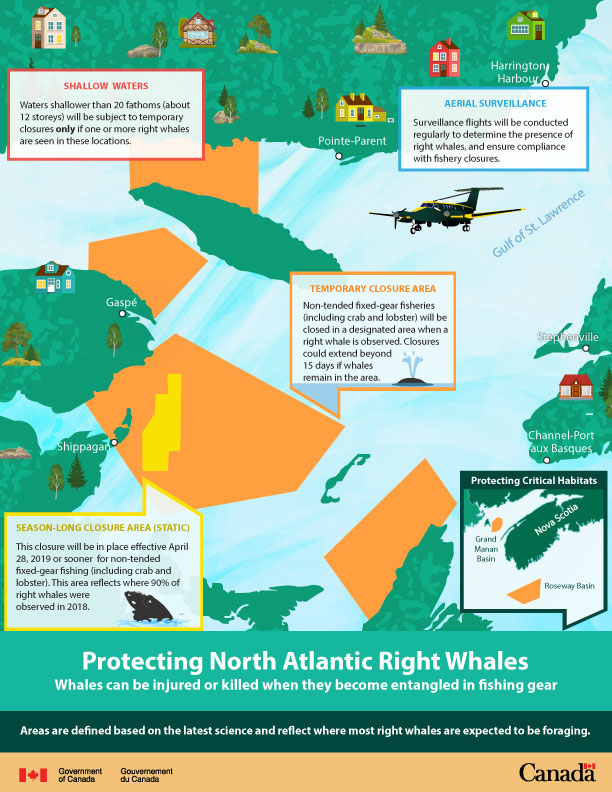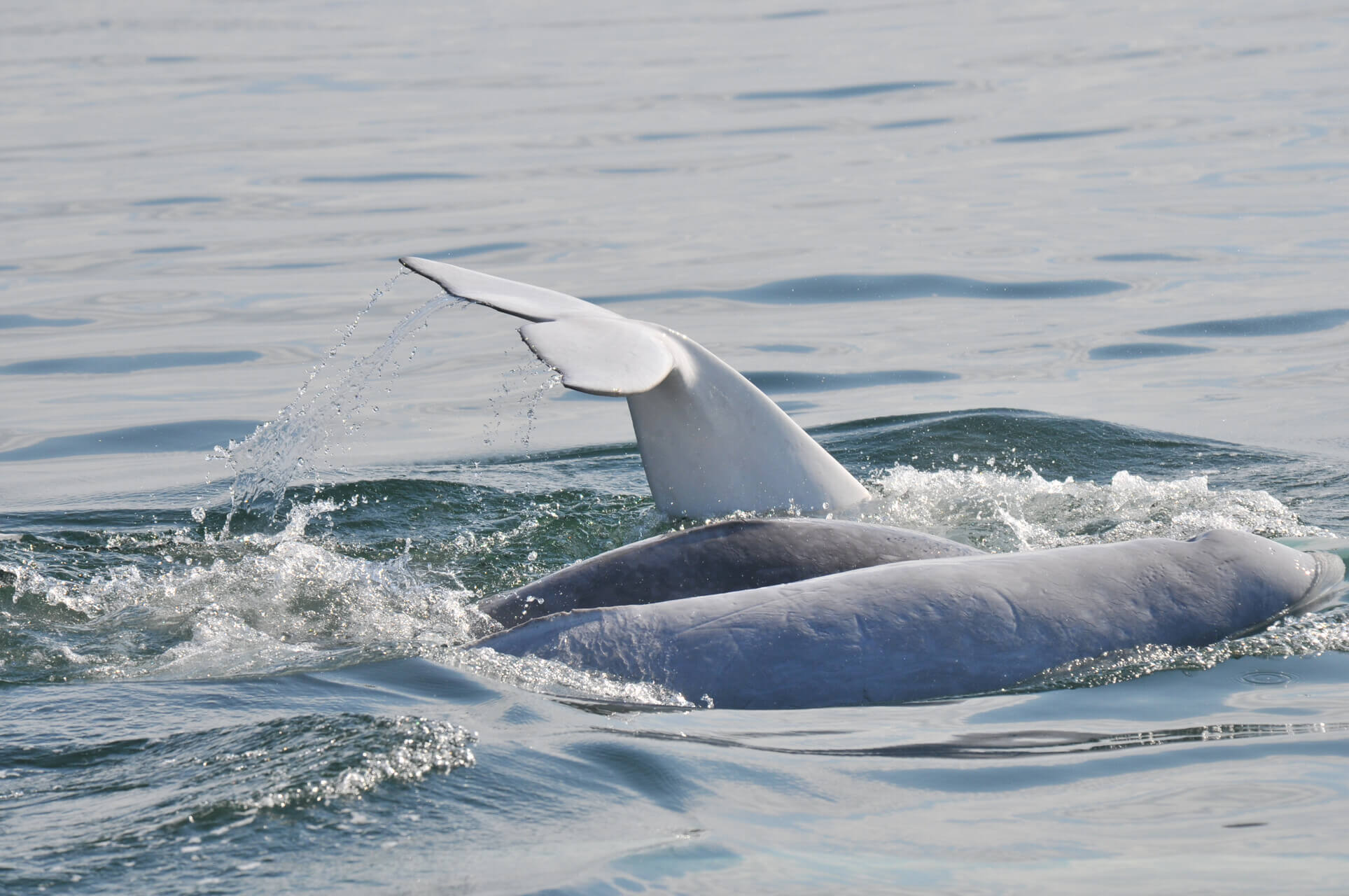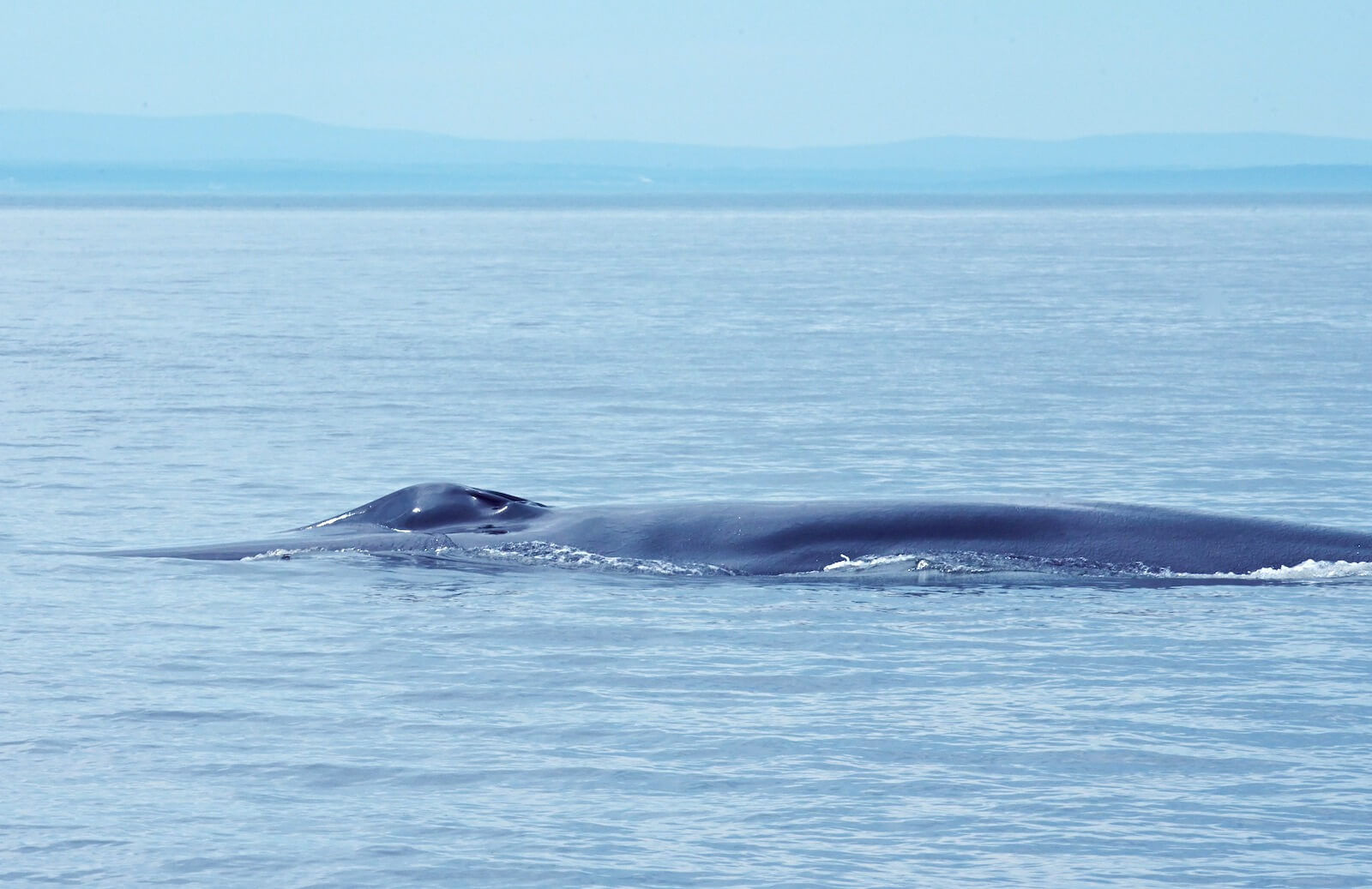The North Atlantic right whale protection measures for 2019 have been announced, and will include measures better suited to the fishing industry, as well as constant monitoring efforts similar to last year. Fisheries and Oceans Minister Jonathan Wilkinson and Transport Minister Marc Garneau reiterated the importance of protecting this endangered species. Aerial and acoustic monitoring will continue with the same intensity to document the presence of right whales. The two ministers, however, announced a few adjustments in the measures compared to 2018 to reduce the impacts of these measures on coastal communities.
Adapted fishing measures
One area will be closed to fishing activities for the season beginning April 28, or earlier if a right whale is detected there. The season-long closure area is roughly 63% smaller than that of 2018 and corresponds to the area where 90% of right whale sightings were made last summer.
Temporary closure areas have also been designated. A closure occurs when at least one right whale is seen in the area. The area will then be closed for a period of 15 days, during which all fishing gear must be taken out of the water.
In response to requests from the lobster fisheries, shallow areas (20 fathoms or less) will automatically be closed only if a right whale is also observed in shallow waters.
Speed limit zones of 10 knots will be reinstated beginning April 28 for commercial vessels 20 metres and more. A regular speed corridor will be established and will only be closed in the event right whales are observed, which will notably allow cruise and supply vessels to easily reach coastal regions without necessarily altering their schedules.
All measures are in response to the 2017 right whale mortality episode when 12 carcasses were discovered in Canadian waters. In order to maintain its seafood export permits and comply with its Species at Risk legislation, the Government of Canada established emergency measures during the 2017 season, introduced more stringent measures in 2018 and adapted them this year.






